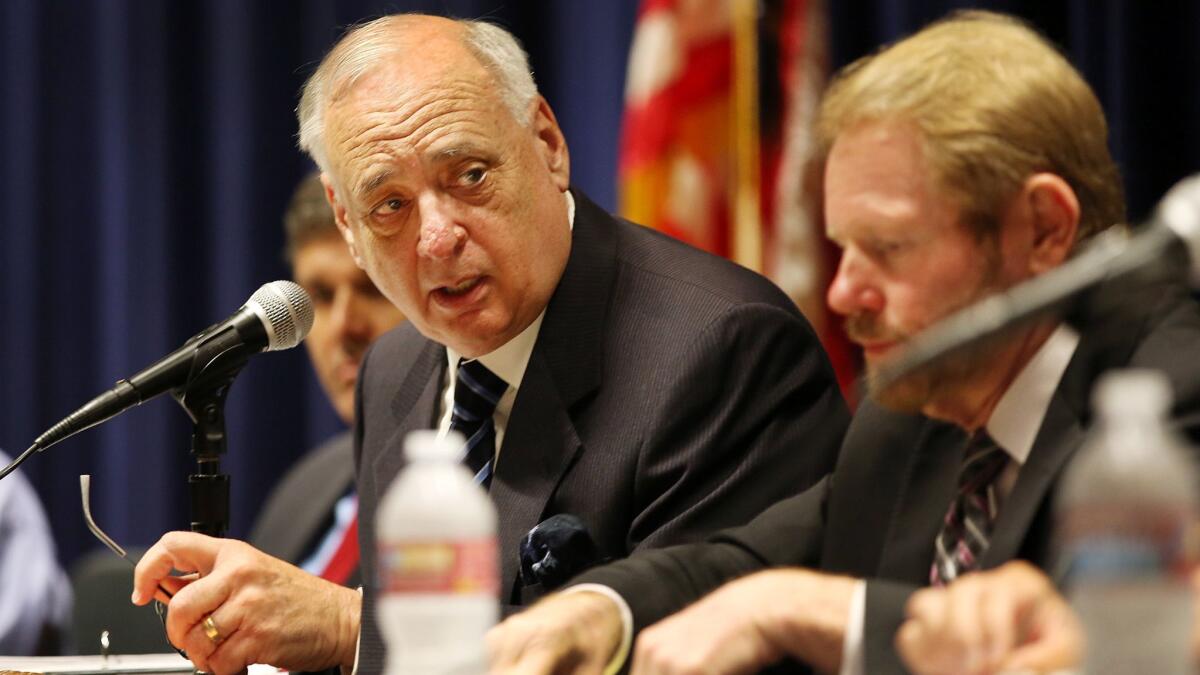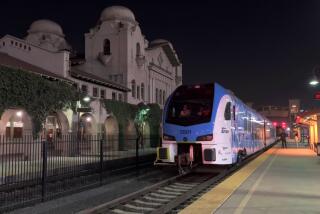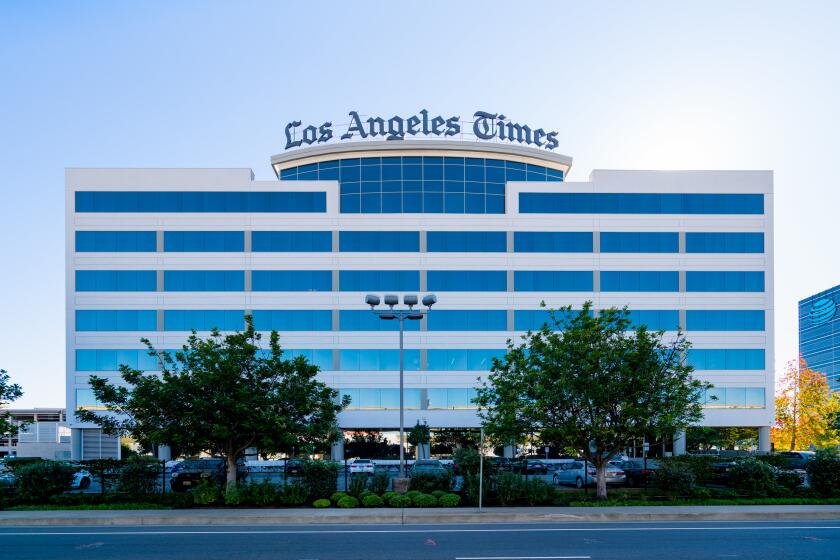State legislator calls for resignation of bullet train chairman
A key Democratic legislator called Thursday for the immediate resignation of the chairman of the California bullet train project, the most powerful reaction yet to a scathing audit of the $77-billion high-speed rail program that is far behind schedule and over budget.
Assembly Transportation Chairman Jim Frazier said California High Speed Rail Authority Chairman Dan Richard should step down after a hearing on the audit, which asserts the state wasted billions of dollars because of poor management.
The state financial review earlier this month faulted the agency for issuing construction contracts before it owned land, failing to document that the work it paid for was actually completed correctly and relying too heavily on costly outside consultants.
“After being assured multiple times that these ongoing issues were being addressed, it is apparent to me that the authority has been less than forthcoming,” Frazier, of Oakley, Calif., said after the hearing. “They have continually lied to us about performance.”
“Richard has had every opportunity since 2012 to correct these problems and has failed. Richard owes it to California taxpayers to step aside and let new leadership take over.”
In an emailed statement, Richard said rail authority officials are “open to constructive advice, but have no need to respond to errant and uninformed attacks.
The tough statements by legislators Thursday reflect the fast-changing political climate confronting the project as its chief proponent, Gov. Jerry Brown, prepares to leave office in a month.
Richard was chosen by Brown in 2012 to deliver on one of the governor’s most ambitious goals of his long political tenure: the nation’s first bullet train, linking almost every major city in the state.
Richard was not at the hearing Thursday, which staff said earlier in the week was the result of previous personal commitments on the East Coast.

The program has more than doubled in cost from the $33 billion estimated when voters approved a $9 billion bond in 2008. It is now 13 years behind schedule.
California Auditor Elaine Howle’s review warns that the state is at risk of missing a federal grant deadline to complete 119 miles of construction in the Central Valley, which could result in Washington demanding a refund of as much as $3.5 billion.
“A clawback is a significant risk not only to the rail authority but to the state of California,” Howle told the joint legislative audit committee hearing. The audit found the rail authority would have to double its rate of progress to meet the deadline, leaving “serious concerns” that it can be achieved, she said.
Rail authority Vice Chairman Tom Richards told legislators he believes the project can meet the 2022 deadline, but will consider a Plan B: asking the Federal Railroad Administration for a delay.
One of the most daunting issues in the project is what it will actually cost to complete the job. The authority’s 2018 business plan warned that costs could reach $97 billion, though outside critics expect a cost well above $100 billion.
“There is significant risk that the cost of this project is going to continue to accelerate more than it has to date,” Howle said.
Richards said the authority is moving to implement the recommendations suggested in the audit and will reduce reliance on outside consultants by increasing staff.
The audit found that 145 out of 184 tasks said to be finished by the state’s main consultant were missing documentation on their completion. The incomplete documentation, Richards said, was “troubling and embarrassing,” but measures were already underway to correct the issue.
Richards acknowledged that plans to share some sections of existing track were not what the voters approved and that the money does not exist to complete a partial operating system from Silicon Valley to the Central Valley.
But he took exception to the audit’s finding that costs have inflated by billions of dollars because of the decision to launch construction prematurely.
He said that the federal grants required an early start to construction or the loss of the $3.5 billion. Rather than causing billions of dollars in delay costs, it amounted to only $600 million, meaning the state was still ahead by $3 billion.
“The alternative was to leave billions of dollars in federal funds on the table,” he said.
Frazier had a different view.
“Flawed decision-making and poor contract management by the authority have led to billions in cost overruns,” he said. “Delays in construction continues to cost California taxpayers billions. This is simply unsustainable.”
Follow me on Twitter @rvartabedian
More to Read
Sign up for Essential California
The most important California stories and recommendations in your inbox every morning.
You may occasionally receive promotional content from the Los Angeles Times.











